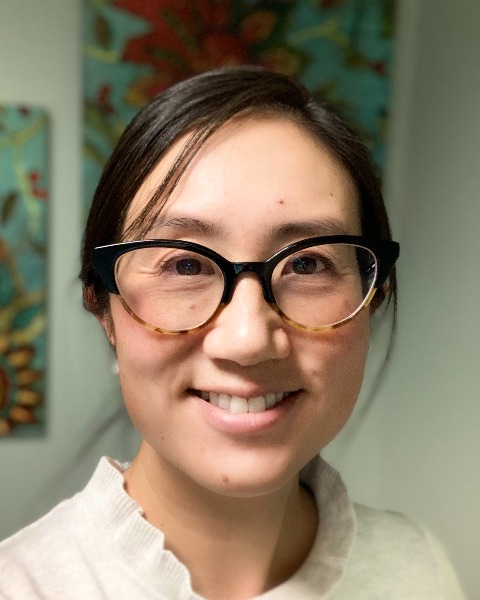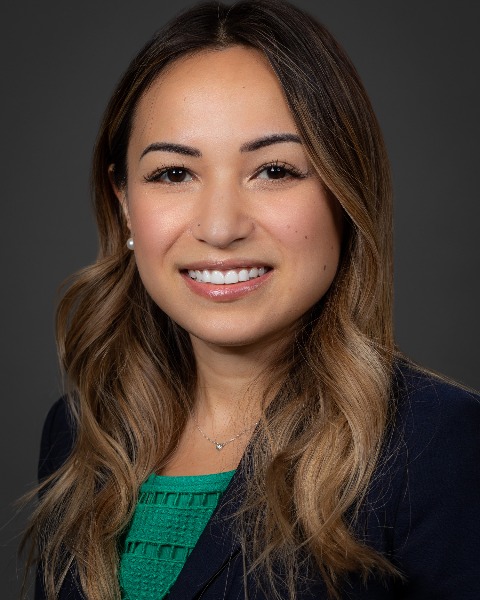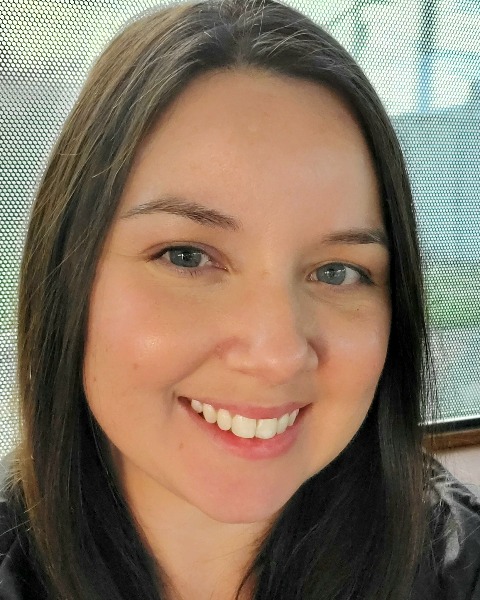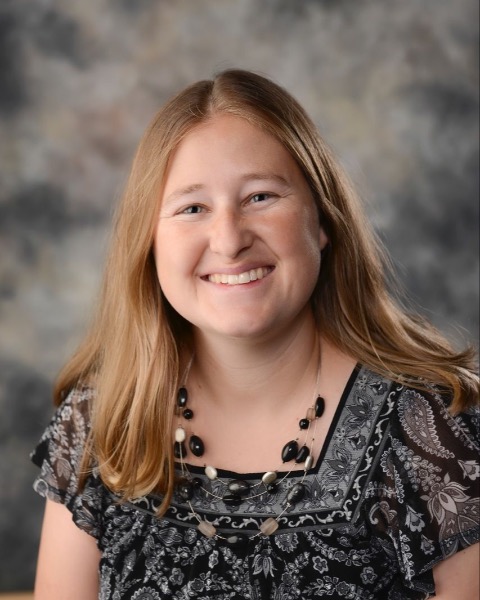Core Curriculum for Fellows
Hospital Medicine
Neonatology
Pulmonology
Quality Improvement/Patient Safety
Say 'No' to Mechanical Ventilation in Preterm Infants
-

Venkatakrishna Kakkilaya, MD
Associate Professor
University of Texas Southwestern Medical School
Dallas, Texas, United States -
VK
Vishal Kapadia, MD MSCS FAAP (he/him/his)
Associate Professor of Pediatrics
Pediatrics
University of Texas Southwestern Medical School
University of Texas Southwestern Medical Center
Dalls, Texas, United States -
.jpg)
Kari Roberts, MD
Associate Professor of Pediatrics
Univ of MN
Mpls, Minnesota, United States -
DK
Dalibor Kurepa, MD
Associate Professor
Cohen Children's Medical Center
New York, New York, United States -

Katherine Stumpf, MD
Assistant Professor of Pediatrics
University of Texas, Southwestern Medical Center, Dallas
Dallas, Texas, United States -

Lorraine Bautista, MD MPH
Neonatologist/Assistant Professor
Pediatrics
UT Southwestern Medical Center
Dallas, Texas, United States -

Christina Chan, MD (she/her/hers)
Assistant Professor
University of Texas Southwestern Medical School
Dallas, Texas, United States -

Shelly Renfro, BSRC RRT
Respiratory Care Practitioner
Parkland Health and Hospital System
Garland, Texas, United States -

Valerie Simcik, RN (she/her/hers)
BSN, RN, RNC-NIC
Parkland Hospital
Dallas, Texas, United States -
SP
Shahana Perveen, MD (she/her/hers)
Assistant Professor
Pediatrics/Neonatology
Cohen Children's Medical Center
Mount Sinai, New York, United States -

Mikki Pulju, MD (she/her/hers)
Assistant Professor of Pediatrics
Cohen Children's Medical Center
Mamaroneck, New York, United States -

Judy Ridpath Goodwin, NNP, MS
NNP
Parkland Hospital
Dallas, Texas, United States -

Susan Harville, BSN
Registered Nurse
Parkland Health & Hospital
Rowlett, Texas, United States -

Kristi Garcia
RRT
Parkland
Dallas, Texas, United States -

Heather Weydig, MD
Neonatologist
Nationwide Children's Hospital and Central Ohio Newborn Medicine
Columbus, Ohio, United States -
.jpg)
Sharmistha Saha, MD
Fellow
University of Texas Southwestern, United States
Leader(s)
Co-Leader(s)
Workshop
Description: Preterm infant lungs are vulnerable to the harmful effects of mechanical ventilation (MV). Avoidance of mechanical ventilation through adequate delivery room resuscitation and stabilization of preterm infants on CPAP improves outcomes. Optimization of CPAP in the NICU and application of less invasive surfactant administration (LISA) can further decrease the need for mechanical ventilation and improve outcomes. Still, nearly 60% of infants ≤28-week gestational age are intubated in the DR and 80% of infants receive MV during NICU stay. Thus, it is imperative to further improve non-invasive respiratory support strategies in the DR and during the first few days of life.
The objective of this workshop is to provide strategies to optimize non-invasive respiratory support from the very first breath as insight into keeping these neonates stable on non-invasive support throughout their NICU stay.
The workshop has four simulation stations that provide hands-on experience. They include:
1) Successful resuscitation of preterm infants at birth and stabilization on CPAP
2) Strategies to optimize CPAP in the delivery room, during transport to and in the NICU.
3) Skills station for LISA using direct laryngoscope.
4) Skills station for LISA using video laryngoscope.
5) Skill station for SALSA (Supraglottic Airway for Less invasive Surfactant Administration)
After a brief introduction, participants will be divided into small groups to practice for 10 minutes at each station. In order to ensure adequate hands-on practice for each learner, the workshop will be limited to 60 participants.
Learning Objectives:
- Upon completion, participants will be able to provide effective face mask positive pressure ventilation to extremely preterm infants at birth and stabilize infants on CPAP
- Upon completion of workshop, participants will be able to optimize CPAP and perform Less Invasive Surfactant Administration procedure using both conventional and video laryngoscopy approach. Participants will also learn how to administer surfactant using supraglottic airway.
- Upon completion, participants will be able to develop unit-based strategies to implement successful non-invasive support.
